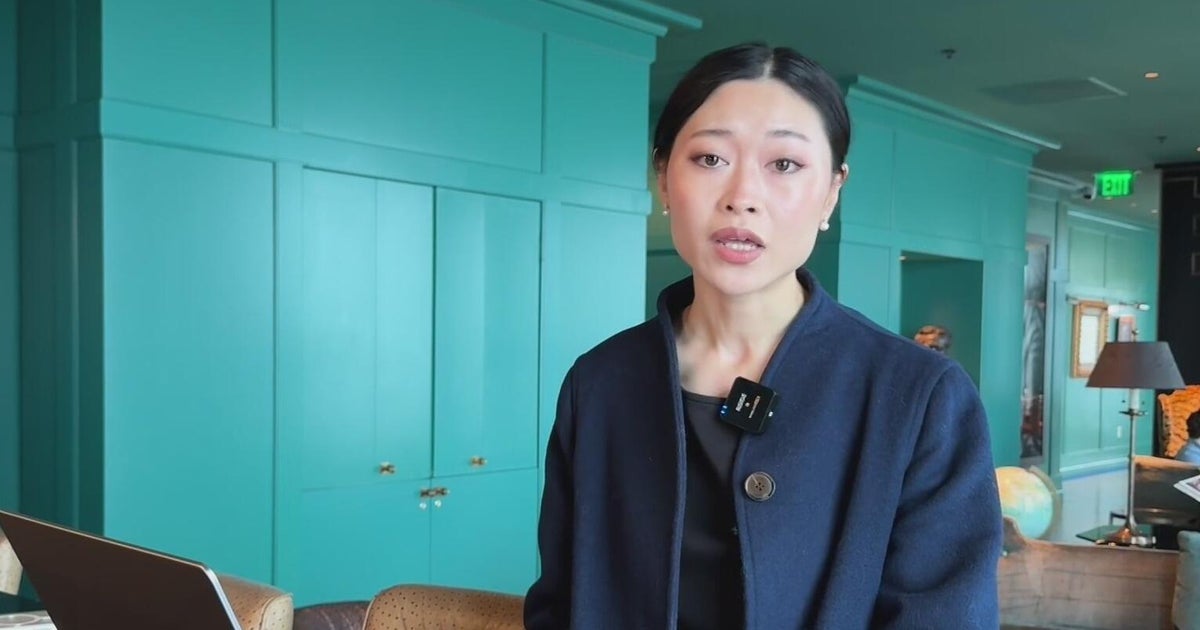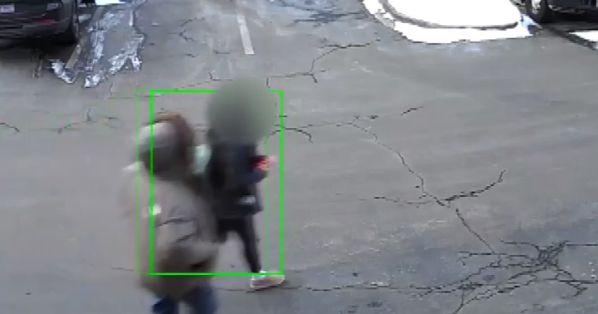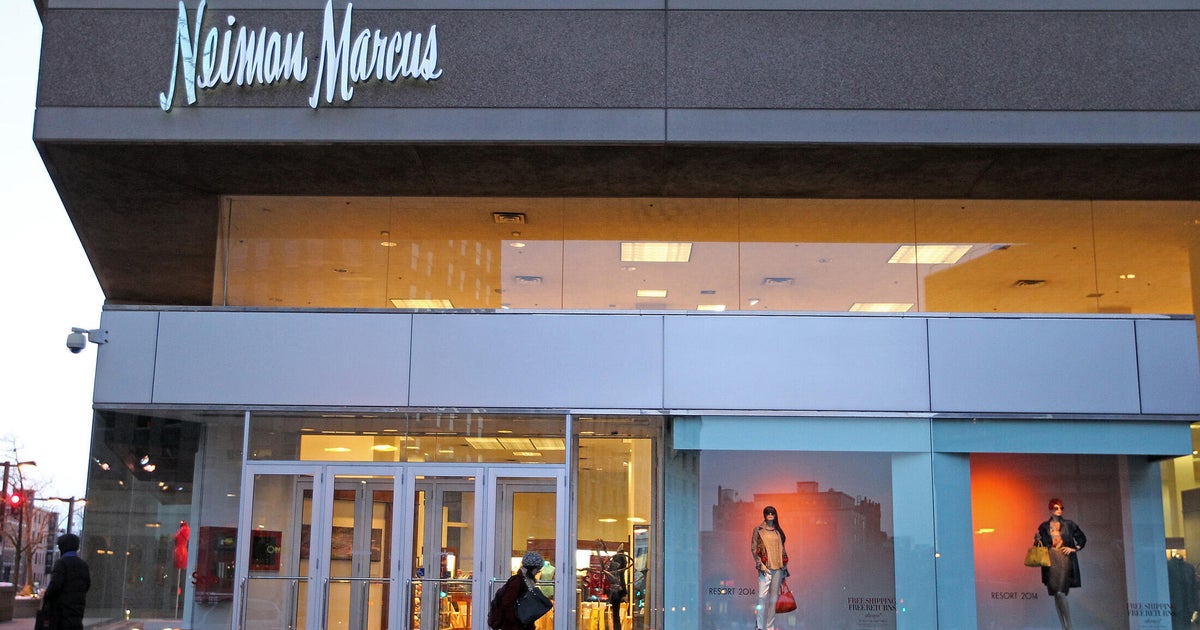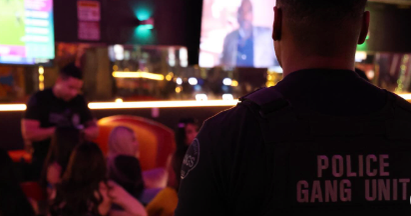At SXSW, Apps Buzz Is Location, Location, Location
AUSTIN (AP) -- After a series of emails and phone calls, Paul Davison is located in a busy hallway at the Austin Convention Center.
Davison is founder and CEO of the location-based social network startup Highlight, one of the most talked-about apps at the South By Southwest Interactive Conference. SXSW has helped launch Twitter and Foursquare, and at this year's gathering, no topic is more buzzed about than location-based social network apps, like Glancee, Ban.jo, Sonar, Intro, Kismet and others.
Walk into many panel discussions at SXSW, and you'll hear someone saying such services, known as social discovery apps, are the future. Davison, an earnest and exuberant 32-year-old California native, thinks so. He sees wasteful social randomness everywhere -- in finding friends, future spouses and co-workers.
"The way that we find these people and learn about these people is, and always has been, horribly random and inefficient," exclaims Davison, marveling at centuries of missed opportunities. "We don't realize how bad it is because it's always been that way, and we just accept it."
There are variations to these location-based social networks, but the basic premise is to link a profile and connections of a social network like Facebook, with the locations logged in mobile phones.
Davison describes reality as a boring, "bizarre version of Facebook where every profile is just a single photo" and provides no information about its users. The information we put online about ourselves, Davison would like to attach to our physical selves.
But do we really want to know more about each other?
Location has been a part of networks, like Foursquare, that is centered on a user checking in at a place such as a bar or a restaurant. Most of these new apps, which all launched recently and are in a nascent stage of usage, track ambient locations with permission and don't require constant action.
Such apps passively monitor location, running in your smart phone's background (and therefore using precious battery life) and sending notifications when Facebook connections are nearby. Different apps weigh connection differently, but they pull from factors like interests, life history and similar friends.
Privacy concerns will be a major factor in the popularity of social discovery. Many are wary of distributing their location to the wrong people, and stalking concerns will surely keep others away.
Glancee founder Andrea Vaccari said finding the right balance of public and private information will be the key element that separates one app from the pack. Glancee doesn't display exact locations but uses approximate locators, like "10 miles away."
At SXSW, the frenzy of the location-based networking apps almost felt like a reality TV competition, with some dozen startups fighting to be the darling of the conference. Vaccari says a longer-term perspective is necessary for the widespread use of such a new technology, and he's focused more on having Glancee catch on in cities besides New York and San Francisco.
"Our belief is that what we think of as serendipity -- the occasional encounter where both people share something really important to them in common -- it's not as rare as we think it is," says Vaccari. "We want to change that."
Ban.jo has been around longer than some startups and has, it says, a larger network of users than all the new apps combined. It pulls connections from Facebook, Twitter, Foursquare, Instagram and others, and relies on public check-ins, rather than exposing user location.
Damien Patton founded Ban.jo after a missed connection of a nearby friend at an airport.
"I decided at that moment that that was never going to happen to me again," says Patton. "That's why I started programming literally that day."
He views Ban.jo as not just about meeting up with friends, but, he says, "the power of being two places at once." For example, while Patton was in Boston, he was able to sift through updates from his connections in Austin to learn that everyone was congregating inside because of the rain.
Some apps are more specialized, such as Intro and Mingle, which are business-centric. Joel Simkhai founded the gay dating app Grindr, he said, to "show me the gay guy around me, and I want to talk to him."
Many apps debuting ahead of and at SXSW are just starting out. SXSW interactive director Hugh Forrest -- while joking about the appeal of knowing about and therefore avoiding a nearby Red Sox fan -- cautioned that buzz among the early-adopting techies of SXSW doesn't always transfer outside of Austin.
"Sometimes the trap of an event like SXSW is the hardcore geeks can totally love a technology but it's maybe at this point -- or will always be -- too technical or too hard for the mainstream to use," says Forrest.
But many see location as having enormous potential.
Geoloqi, co-founded by Amber Case, was once used as an app for Foursquare to make automatic check-ins. Case, who is a keynote speaker at SXSW, uses it to turn on lights when she gets home, and turn off when she leaves.
Geoloqi makes a host of different location notifications that could have myriad consequences for consumers and businesses. Users can ask for notification reminders ("Don't forget the tomato sauce!") when arriving at a destination.
Says Case: "We haven't even scratched the surface of what we can do in terms of location."
------
Online:
http://www.glancee.com/
http://ban.jo/
http://highlig.ht
(Copyright 2012 by The Associated Press. All Rights Reserved.)







